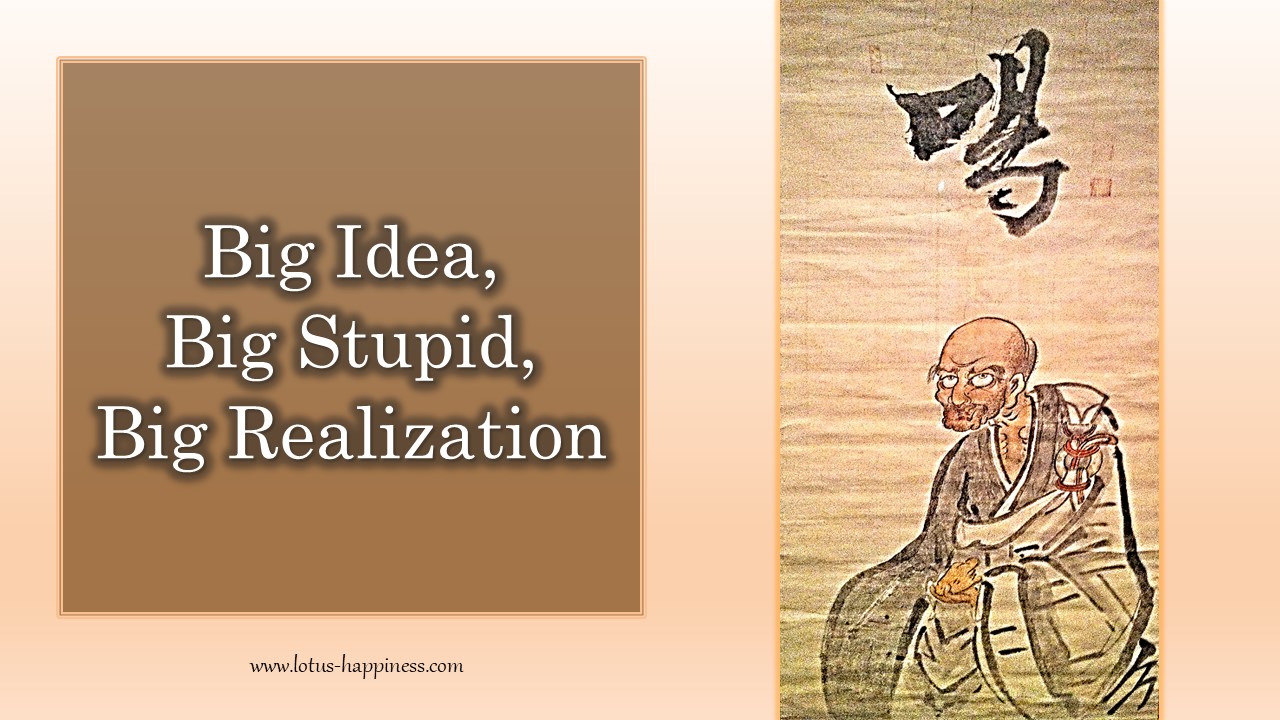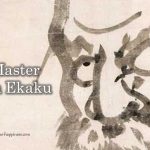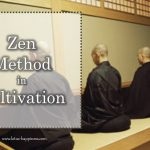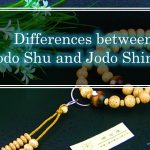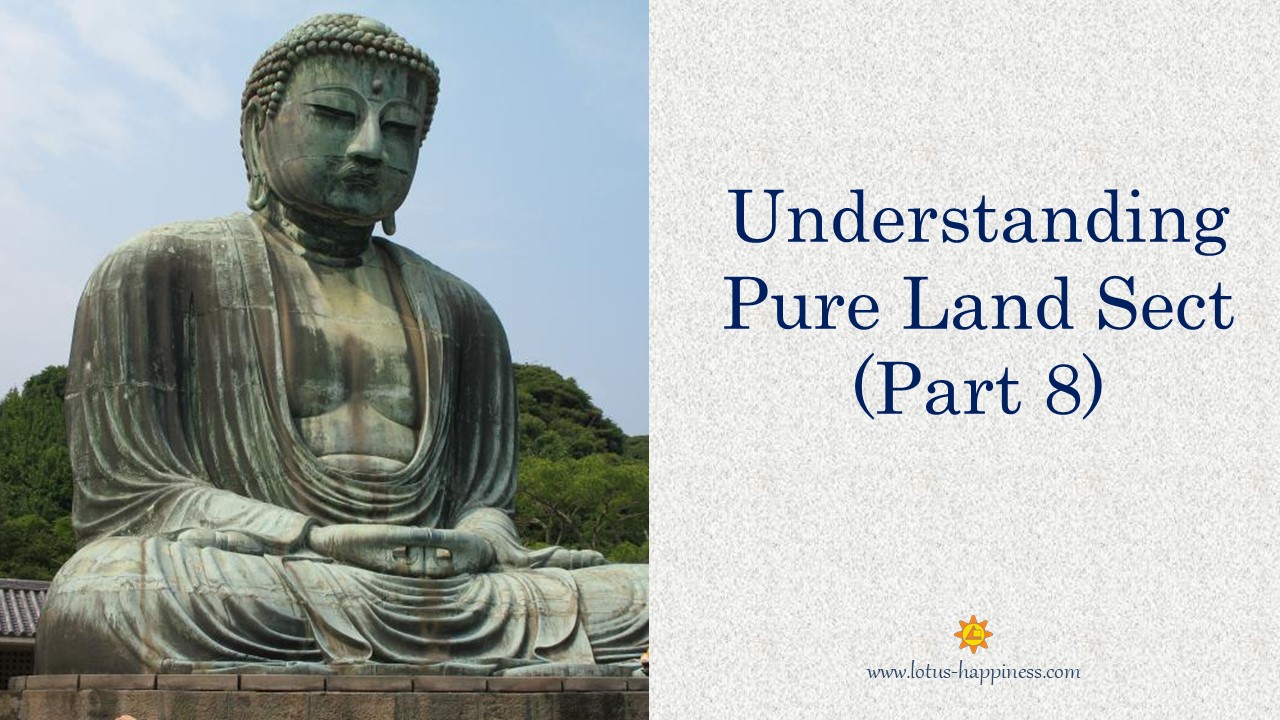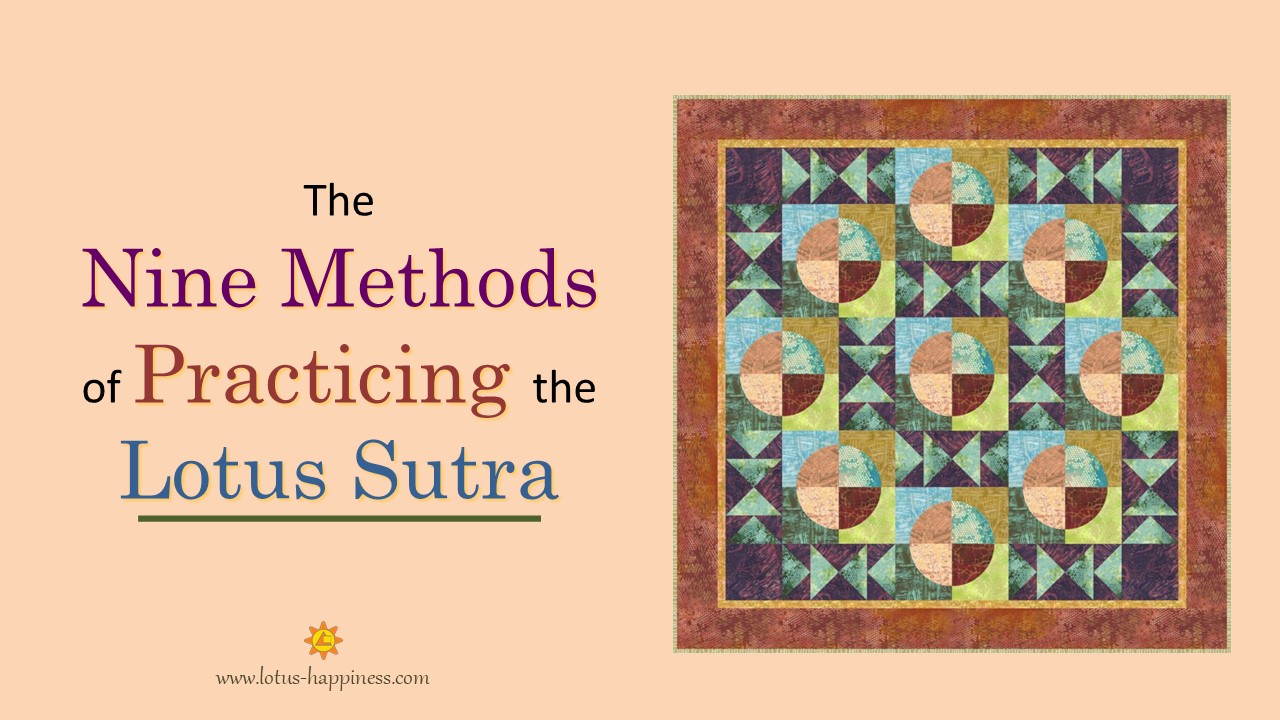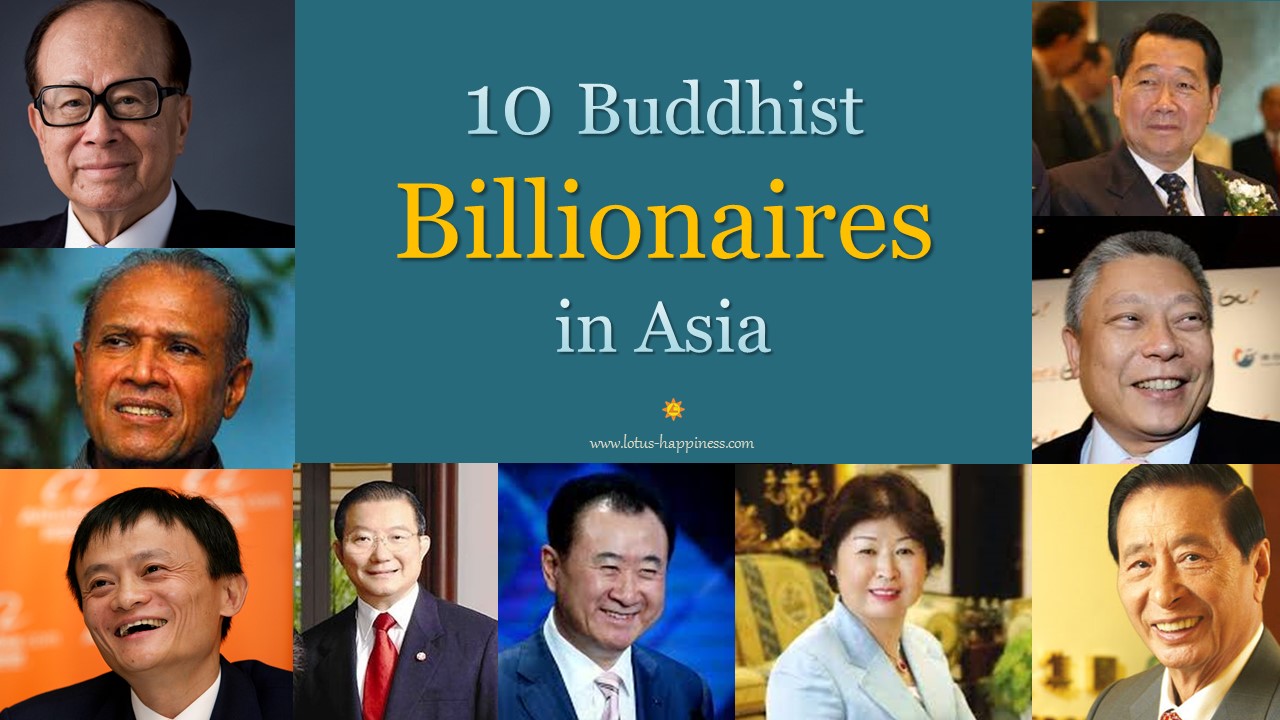Big Idea, Big Stupid, Big Realization
Quite out of tune with our present cultural sentiments.
Here’s a talk I gave about this yesterday at the Nebraska Zen Center: Big Idea, Big Stupid, Big Realization
In the talk, I retell one of the many examples that Hakuin gives that supports Hakuin’s shit-throwing advice, the story of Línjì’s Big Realization, based on my translation of Record of Going Easy, “Case 86: Línjì’s Big Realization.” You’ll find that below along with Hakuin’s verse for Línjì (his painting of same character above).
And, by the way, the teacher Dàyú’s name means “Big Stupid.” Also big idea, big stupid, and big realization in Chinese are dàyì, dàyú, dàwù – so there’s an almost-homonymal quality to these three key phrases.
Here’s the story:
Línjì ask Huángbò, “What is the buddhadharma’s really and truly great idea?”
Bò then struck.
After three times, [Línjì] took leave of Bò [and went to see Dayú].
Yú ask. “Where are you coming from?”
Jì said, “Coming from Huángbò.”
Yú said, “What words and phrases did Huángbò have?”
Jì said, “Somebody asked three times about the buddhadharma’s really and truly great idea. Three times, suffered the stick. Don’t know how I didn’t get along.”
Yú said, “Huángbò’s this way? Like an old grandmother’s embrace. Still, you come and ask how you didn’t get along.”
With these words, Jì arrived at great realization.
From the Commentary:
Afterwards, according the the original record, [Jì] said, “So actually, it turns out that there isn’t much to the buddhadharma.”
Yú said, “This bed-wetting ghost. Just now you asked how you didn’t get along. Yet now you say there isn’t much to the buddhadharma. How much is coming [at you]?”[Yú] grabbed [Jì] and said, “Speak. Speak.”
Jì pressed into Dàyú’s side three times.
[Yú said,] “Your teacher is Huángbò. I won’t interfere with this matter.”
[Later] Bò asked, “Come and go, come and go. What have [you] achieved?”
Jì said, “Only because of a grandmother’s impatience.”
Then [Jì] told [Bò] what [Yú] had said.
Bò said, “This old man Dàyú likes to blather. At once, [I’d] given him a beating.”
Jì said, “That would be something to see. Strike now!”
Then Jì gave Huángbò one slap. Bò [then] cried out laughing and said, “This man’s manner is upside down! Coming here to stroke the tiger’s whiskers!”
Jì then shout loudly.
Bò said, “Attendant, guide this man with upside down manners to the sangha hall.”
Hakuin’s verse (CPB 254-1):
As a son he was not filial,
As a monk he broke the precepts.
He threw punches at everyone he met,
He shouted thunder at anyone he saw.
A presence as pitiless as autumn frost,
Sad such a man had so many bad habits.
________________
Dōshō Port began practicing Zen in 1977 and now co-teaches at the Nebraska Zen Center with his wife, Tetsugan Zummach Osho. Dōshō also teaches with the Vine of Obstacles: Online Support for Zen Training, an internet-based Zen community. Dōshō received dharma transmission from Dainin Katagiri Rōshi and inka shomei from James Myōun Ford Rōshi in the Harada-Yasutani lineage. He is the author of Keep Me In Your Heart a While: The Haunting Zen of Dainin Katagiri.
Source: Patheos

